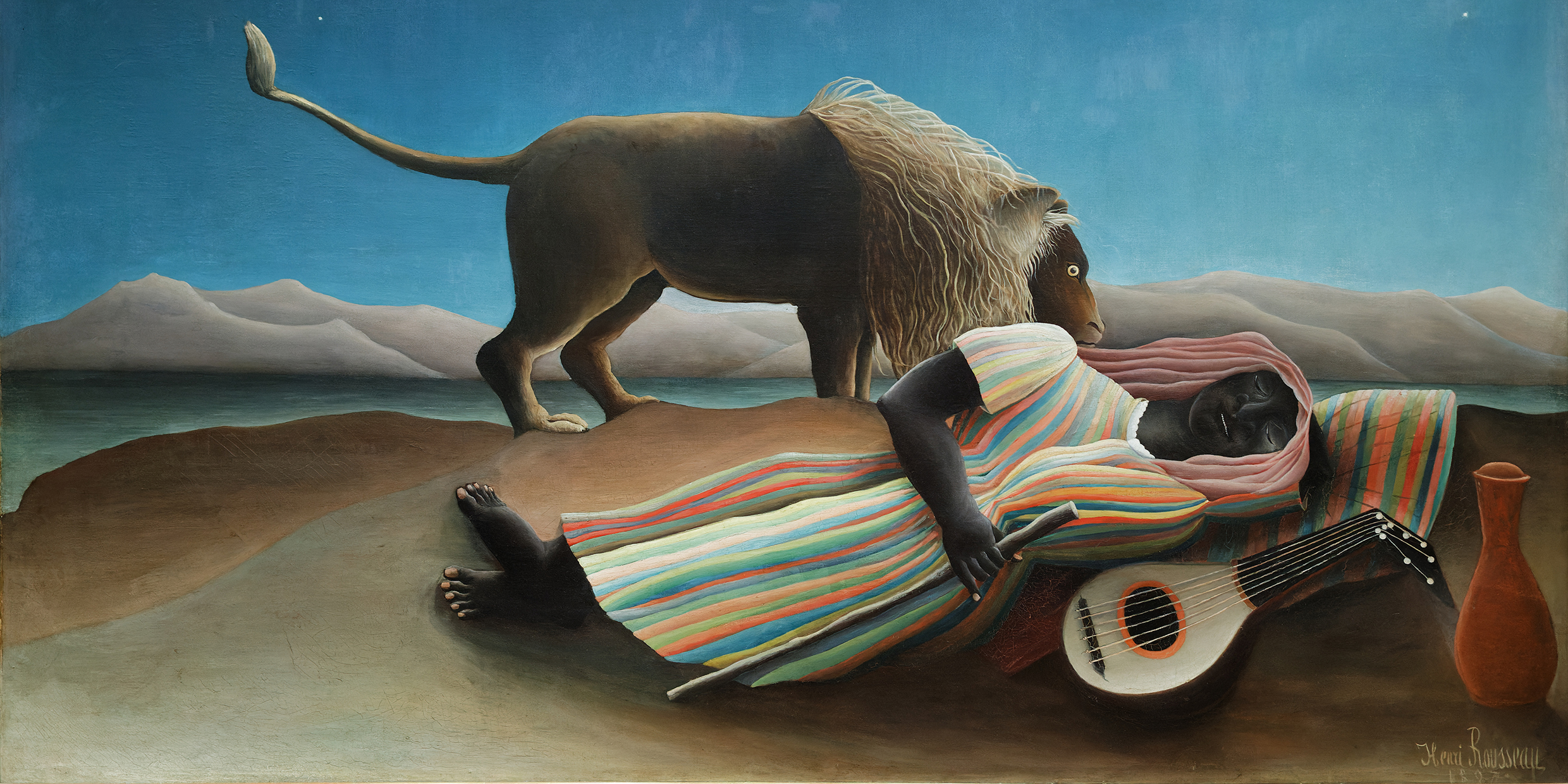Originally published 3 November 1997
“An animal and proud of it.”
If there were bumper stickers bearing this message, some of us would proudly stick them on our cars.
But not many of us, apparently. The evidence suggests that most humans are a little embarrassed by their animal natures.
Americans, especially, seem eager to affirm that we are more than the cousins of chimps. In growing numbers, we embrace religious and secular gurus who proffer escape from our animal destinies — mind over matter, body auras, “inner selves,” channeling, alien abduction, the rapture.
The message we heard preached on the Mall in Washington several weeks ago was this: Humans, on their own, cannot keep promises. For that, we need help from outside — from beyond biology.
In the most extreme manifestations of anti-animal sentiment, we have Branch Davidians and Heaven’s Gate cultists waiting to be plucked by God or aliens from this world of flesh and blood into some higher, non-metabolizing existence.
Writing in Newsweek, author Wendy Kaminer thinks she knows why we look for something beyond biology: “Gurus often tell us exactly what we want to hear. ‘There is no death.’ That is the primary message of spirituality gurus. Better yet, this relief from fear of death is easily obtained… [It] doesn’t require a lifetime of discipline. It requires only that you suspend your critical judgment, attend their lectures and workshops, and buy their books and tapes.”
There is nothing new about any of this. The current crop of gurus — the Deepak Chopras, Bill McCartneys, and Marianne Williamsons — proffer a body-spirit dualism that is deeply entrenched in our history and culture.
In earlier times, every living thing was thought to possess a perishable body and an immortal soul. The word “animal” comes from “anima,” which means breath or soul. Even stones and brooks were sometimes thought to be inhabited by immaterial spirits.
By Renaissance times, in the Western tradition, the souls of trees, brooks, birds, and beasts had been mostly dispensed with, but humans still clung to their own imperishable spirits. The poet John Donne wrote, “I am a little world made cunningly of elements and an angelic sprite.” His “elements” were admittedly temporary; his “angelic sprite,” with divine help, would live forever.”
The problem with Donne’s formula is that four centuries of scientific investigation have revealed not the slightest hint of an anima or sprite that might exist independently of our animal bodies — no vital spirits, no disembodied life force, no airy fairy souls. Everything scientists have learned about life and consciousness places Homo sapiens squarely and inextricably within the animal kingdom.
We are buds on a flourishing tree of life, sharing twigs, branches, and trunk with our bestial cousins. We share most of our DNA with other primates, and a lot of our DNA with bugs and barnacles. Our bodies and our brains have been exhaustively plumbed with no sign of anything that is not thoroughly animal.
“We are biological and our souls cannot fly free,” writes Harvard biologist E. O. Wilson, summarizing what science has taught us about ourselves. He adds: “[This] is the essential first hypothesis for any consideration of the human condition.”
Most scientists accept Wilson’s hypothesis. Many theologians have no problem with it. But resistance remains great. For many people, probably the majority, scientific rationalism remains hostage to the comforting spiritualism of an earlier time.
Of course, neither Wilson nor any other scientist believes we are prisoners of our genes. Our highly complex and culturally-programmable brains allow us ample control of our destinies. As the biologist Richard Dawkins has said, genes may hold us on a leash, but the leash is very long indeed.
We are animals who have evolved the capacity to create music, art, poetry, science. We explore the universe, unravel the secrets of the DNA and distant galaxies, and stand with religious awe before the majesty and mystery of creation.
We are animals who have evolved the capacity to cherish our fellow humans, to be solicitous for the environment and other species, and to resist in the name of a higher good our innate tendencies to aggression and selfishness, not because we have been plucked out of our animal selves by some sky hook from above, but because we have been nudged into reflective consciousness by life itself.
Several weeks ago, I attended a college seminar on the foundations of ethical systems. The participants quoted Plato, Jesus, Heidegger, and a host of other authorities; they trotted out every philosophical and theological argument why we can or should be good. No one mentioned that we are first of all biological creatures with an evolutionary history, and that altruism, aggression, nurturing fidelity, promiscuity, and even an interest in pursuing ethical questions might be part of our animal natures.
I looked around the auditorium and saw folks of every religious and philosophical persuasion, and of many cultural backgrounds, and I thought, “Gee, I’d trust any one of these folks not to take my wallet in a dark alley.” Sure, humans are capable of great evil, but most of us are pretty good most of the time, and I suspect that it has more to do with where we have been as a biological species than with where we hope to be going as individuals.
When it comes to living in a civilized way on a crowded planet, I choose to put my faith in the long leash of the genes rather than the airy promises of gurus. And if death is the price we pay for our exclusively biological nature, so be it.
An animal and proud of it.



